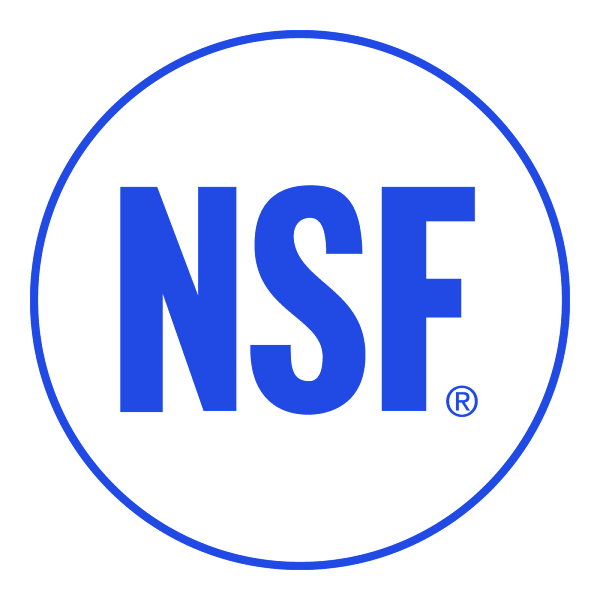In the complex and highly regulated landscape of the pharmaceutical and life sciences industry, the role of a Qualified Person (QP) is a cornerstone of quality assurance and patient safety. A QP is not just a job title; it's a profound responsibility, a legal and ethical duty to ensure every medicinal product released to the market is safe, effective, and manufactured to the highest standards. Given this immense responsibility, the training of these individuals is not merely a box-ticking exercise, but a critical investment in public health and the integrity of the industry.
So, what constitutes truly high-quality QP training, and why is it so vital? The answer lies in moving beyond basic knowledge transfer to a programme that cultivates expertise, practical judgement, and a deep-rooted commitment to quality.
Experience at the helm
A great training programme is built on the foundation of experienced trainers. The most effective instructors are those who have spent years on the front lines of the industry, who have been QPs themselves, and who bring a wealth of real-world knowledge to the classroom. This is not just about teaching theory from a textbook; it's about sharing a lifetime of practical application, navigating complex situations, and making the tough decisions that are part of a QP's daily life.
At NSF, we look for trainers who are not just educators, but seasoned experts – our staff has an average of 18 years of industry experience. This ensures that the learning is grounded in reality, preparing future QPs for the challenges they will actually face.
More than just a course: a mentorship-driven journey
The QP journey is a significant undertaking. The best training programmes recognise this and provide more than just a series of courses. They offer a holistic support system that includes dedicated mentors and coaches. This personalised guidance, which can amount to over 30 hours of additional support, provides a vital lifeline for delegates. Mentors can assist with application forms, run through practise questions, and provide the one-on-one support needed to navigate the demanding curriculum. This level of support goes beyond the classroom, helping to build confidence and readiness for the final assessment.
A focus on comprehensive excellence
A QP’s role is not solely about technical skills. It also requires a high level of critical thinking and leadership. The most robust training programmes are designed at a master’s level, offering a rigorous, academic foundation that elevates the learning experience. This kind of programme ensures that participants are not just memorising regulations but are developing the analytical skills necessary to apply them in a nuanced and intelligent way. Some programmes even offer the opportunity for delegates to earn a master’s degree, providing a tangible and respected qualification that reflects the depth of the training.
The viva and beyond
The final viva, or oral examination, is the ultimate test of a QP's knowledge and judgement. Top-tier training includes thorough viva preparation sessions, including group practise and full-revision interviews. These sessions are crucial for building the confidence and composure needed to succeed under pressure. The goal is to produce not just a passing delegate, but the best possible QP—an individual who is fully prepared to uphold the highest standards of quality and safety from day one.
The first QP training programme was established over three decades ago in 1990 by industry pioneers, a testament to the long-standing recognition of the need for specialised, high-quality education. Today, with the industry evolving at a rapid pace, the importance of choosing a training programme that offers deep expertise, personalised support, and a masters-level curriculum is more critical than ever. This is the gold standard we uphold:
- Pioneering expertise: Founded in 1990, we were the first of our kind, with trainers who have an average of 18 years of experience.
- Masters-level course: We offer the industry’s only masters-level QP course, providing a rigorous academic foundation.
- Unrivalled support: Over 30 hours of dedicated, extra support for delegates, including personal mentors and viva preparation sessions, to ensure you are fully prepared.
It is these programmes that are producing the next generation of QPs who will serve as the unseen pillar of quality and safety in the global pharmaceutical landscape.

